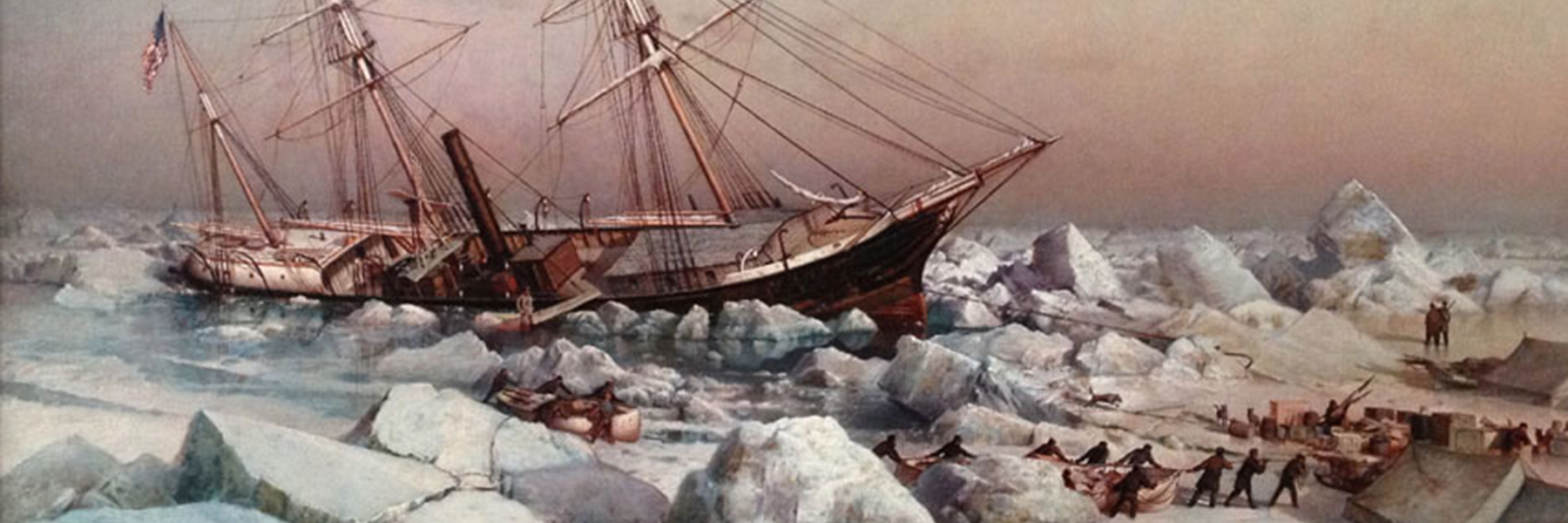Version 3 of the 20CR dataset will provide a 180-year history of the weather

Reanalysis is a scientific method for developing a comprehensive record of how weather and climate are changing over time. Historical reanalyses that span more than a century are needed for a wide range of studies, from understanding large-scale climate trends to diagnosing the impacts of individual historical extreme weather events. The Twentieth Century Reanalysis (20CR) Project is an effort to fill this need.
In a new article to be published in the Quarterly Journal of the Royal Meteorological Society, CIRES and NOAA researchers at ESRL’s Physical Sciences Division (PSL) and their co-authors explain how they generated the new ‘Version 3’ of the NOAA-CIRES-DOE 20th Century Reanalysis (20CRv3), and its improvements over the previous version. Hosted at PSL starting in late September 2019, the new dataset will provide a 180-year history of the weather (going back to 1836) by combining historical surface pressure observations with estimates from a modern global weather forecast system. This yields global, 3-hourly estimates of the Earth system from the surface to high in the atmosphere, as well as estimates of confidence and uncertainty. Relative to the previous version, 20CRv3 has more consistent uncertainty estimates, smaller errors, and more accurate representations of storms.
The atmospheric estimates from 20CRv3, as well as their uncertainties, are much more reliable than those from the previous reanalysis (20CRv2c), particularly in the 19th century. This means that users can be more confident in their conclusions about trends spanning the full length of the 20CRv3 dataset. In particular, 20CRv3 reduces an artificial trend in global sea level pressure and hurricane intensity is closer to reported levels.Reanalyses are a crucial instrument-based link between long paleo reconstructions and climate model forecasts. Since 20CRv3 spans more than a century with sub-daily resolution, it bridges timescales from weather to climate. This dataset allows users to study particular historical weather events, climatic trends and signals, and extreme events within the context of time- and space-dependent levels of confidence.
PSL coauthors of 'Towards a more reliable historical reanalysis: Improvements for version 3 of the Twentieth Century Reanalysis system' are: Laura Slivinski, Gilbert Compo, Jeff Whitaker, Prashant Sardeshmukh, Chesley McColl, Larry Spencer, and Cathy Smith.
Posted: August 16, 2019